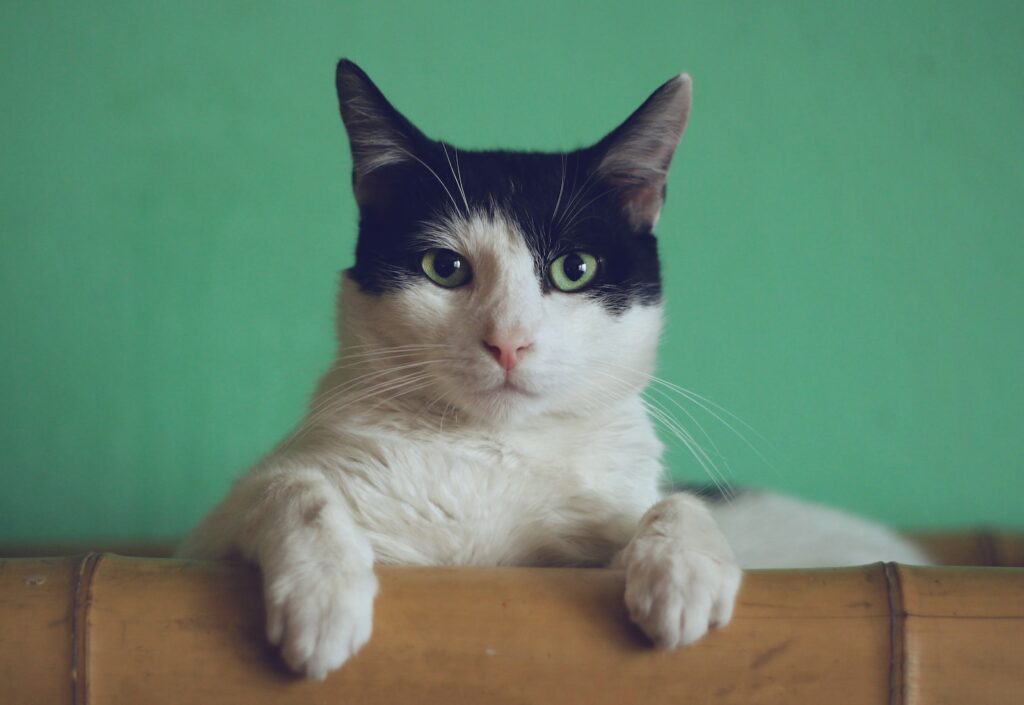Can Cats Eat Bones? — No, They Can’t
When it comes to the question of whether cats can eat bones, the answer is a resounding no. While many people may be inclined to offer their feline friends bones as a treat or as a source of entertainment, it is important to understand that bones can pose serious risks to cats’ health and well-being.
Is It Safe for Kittens to Consume Bones?
Just like adult cats, kittens should also not be given bones to consume. Kittens have delicate digestive systems that are still developing, and bones can cause choking hazards or digestive obstructions. It is best to provide kittens with appropriate and safe food options that are specifically formulated for their nutritional needs.
Risks Associated with Feeding Bones to Kittens
Feeding bones to kittens can result in various risks and potential health issues. The sharp edges of bones can cause damage to their mouths, throats, or gastrointestinal tract if swallowed or chewed improperly. Additionally, bones can splinter and lead to choking, internal injuries, or intestinal blockages in kittens.
Why Bones are Not Recommended for Cats
The Risk of Choking and Injuries
One of the main reasons bones are not suitable for cats is the risk of choking and injuries they pose. Bones, especially those from cooked meat, can easily fragment and create sharp edges that can get lodged in a cat’s throat or cause internal injuries if swallowed. This can be extremely dangerous and may require immediate veterinary attention.
Digestive Issues and Obstructions
The digestive system of cats is not designed to handle bones efficiently. Consuming bones can lead to various digestive problems, including constipation, diarrhea, or even gastrointestinal obstructions. These obstructions can be life-threatening if not addressed promptly.
Potential Bacterial Contamination
Bones, especially raw or improperly handled ones, can carry harmful bacteria such as Salmonella or E. coli. Cats are susceptible to these bacterial infections, which can result in severe illness or even death. It is essential to prioritize the health and safety of cats by avoiding the consumption of bones altogether.
Known Health Issues in Cats from Consuming Bones
Feeding bones to cats can lead to various medical problems and symptoms, including:
- Intestinal blockages
- Choking
- Internal injuries
- Constipation
- Diarrhea
What to Do If a Cat Has Consumed Bones?
- Seek immediate veterinary assistance: If you suspect that your cat has consumed bones, it is crucial to consult a veterinarian immediately. They can provide professional guidance tailored to your cat’s specific situation.
- Refrain from inducing vomiting: Do not attempt to induce vomiting in cats at home without professional advice, as it can lead to further complications.
- Follow the veterinarian’s instructions: Follow the recommended treatment plan provided by the veterinarian to ensure your cat’s well-being.
Safe Alternatives to Bones for Cats
Instead of offering bones, there are several safe and healthy alternatives that cats can enjoy:
- Commercially available cat treats
- Wet or dry cat food
- Special cat-friendly chew toys
It is essential to choose options that are specifically designed to meet cats’ nutritional needs and avoid any potential risks or health complications.
Conclusion
While bones may seem like a natural and enjoyable treat for cats, it is crucial to prioritize their safety and well-being. Bones can lead to serious health issues, including choking hazards, injuries, digestive problems, and bacterial contamination. As responsible cat owners, let’s opt for safe alternatives and provide our feline friends with nutritionally balanced food and suitable toys to ensure their happiness and good health.





